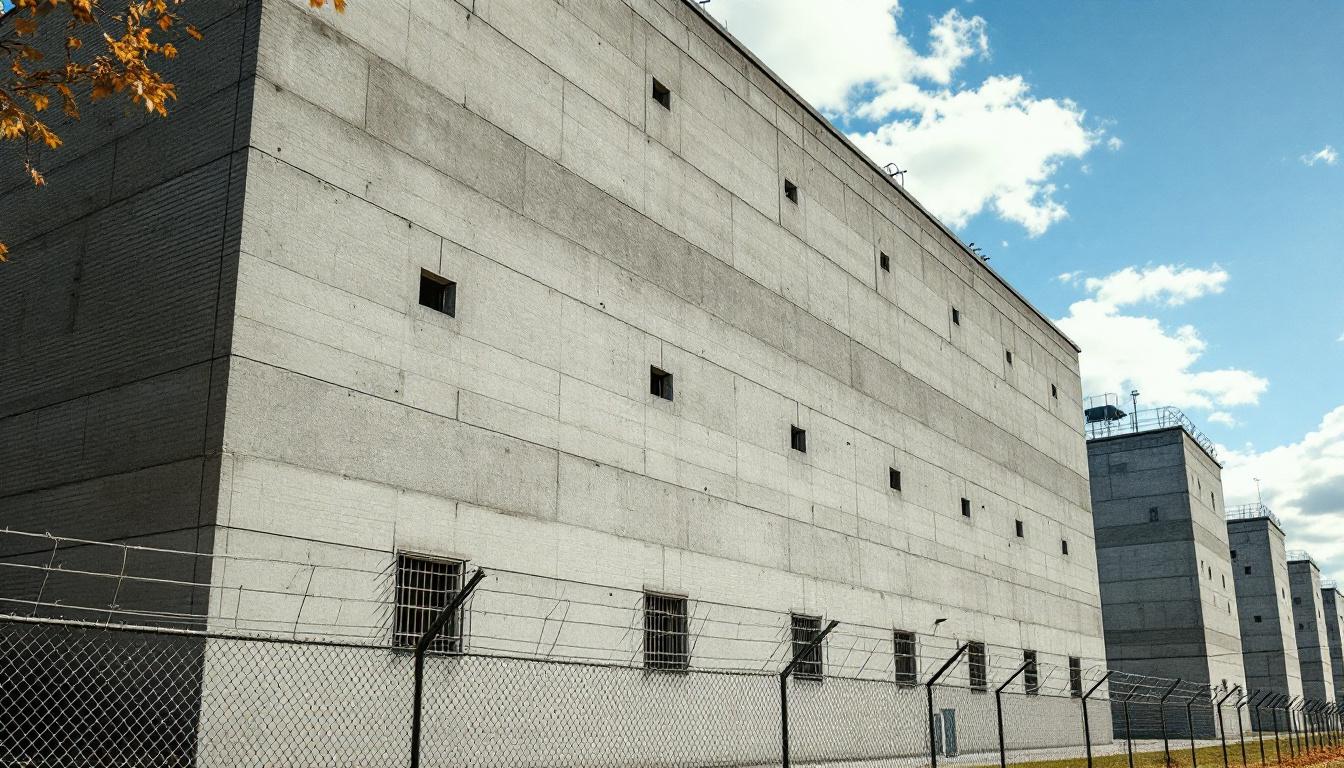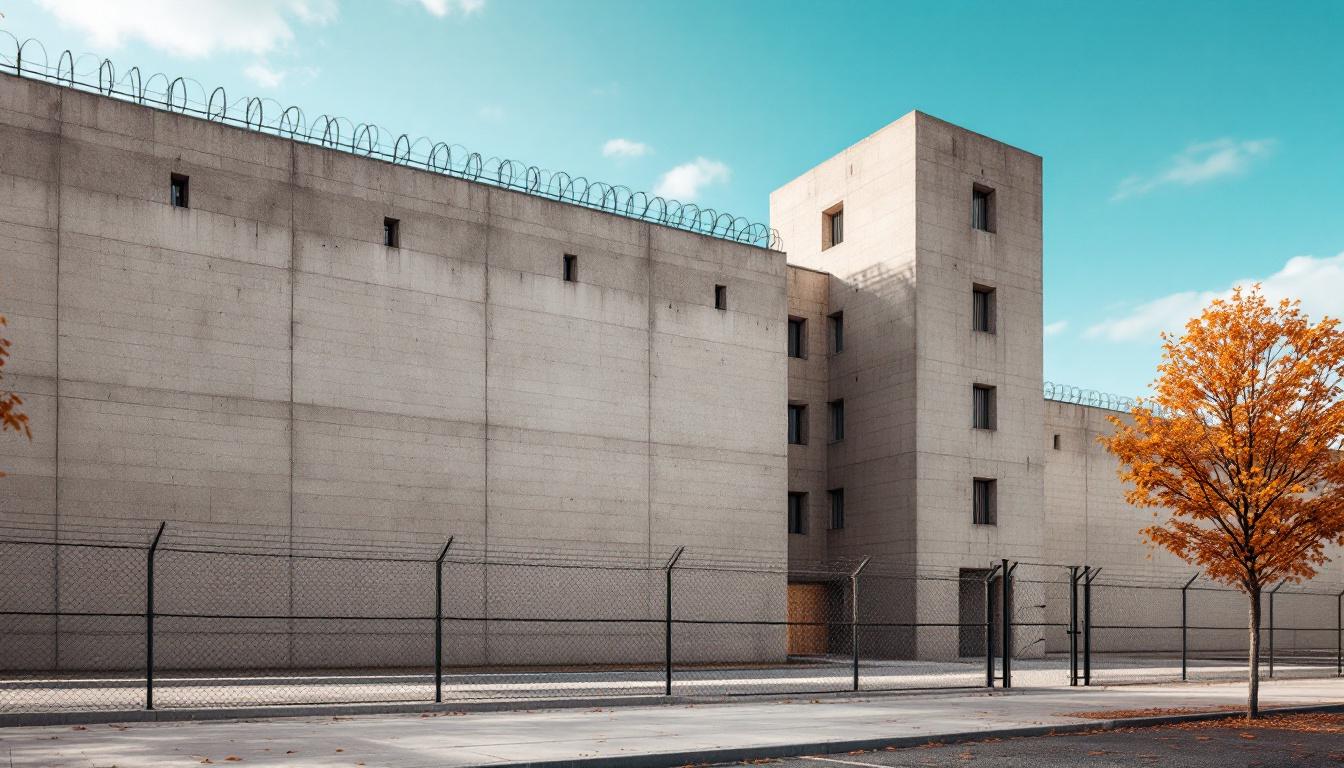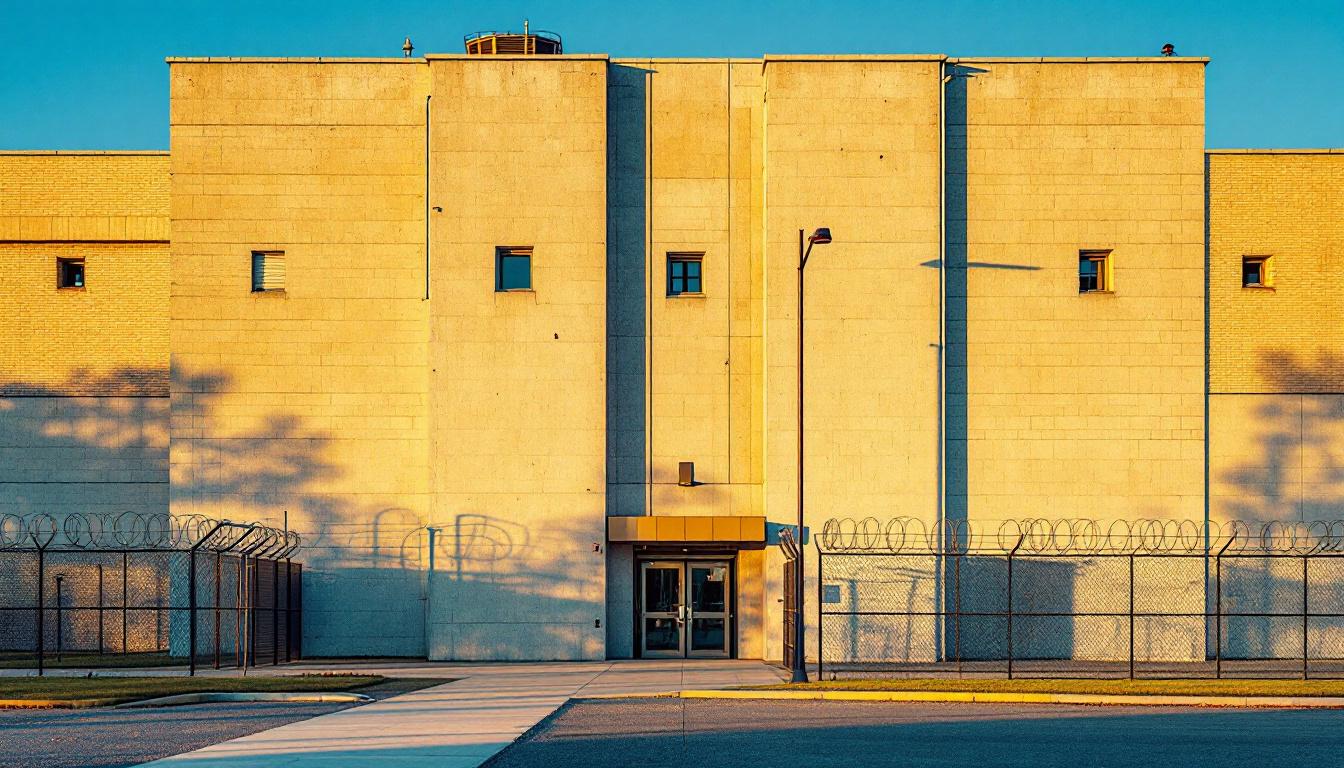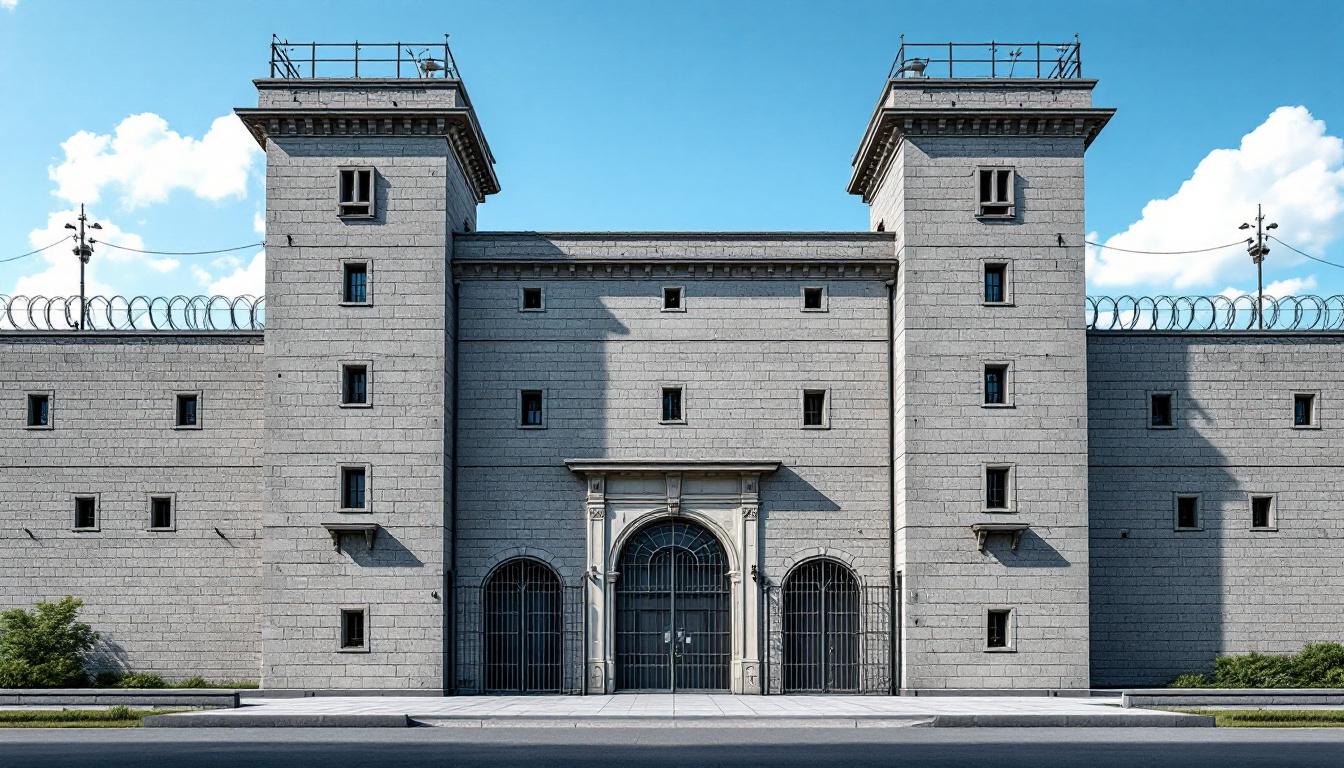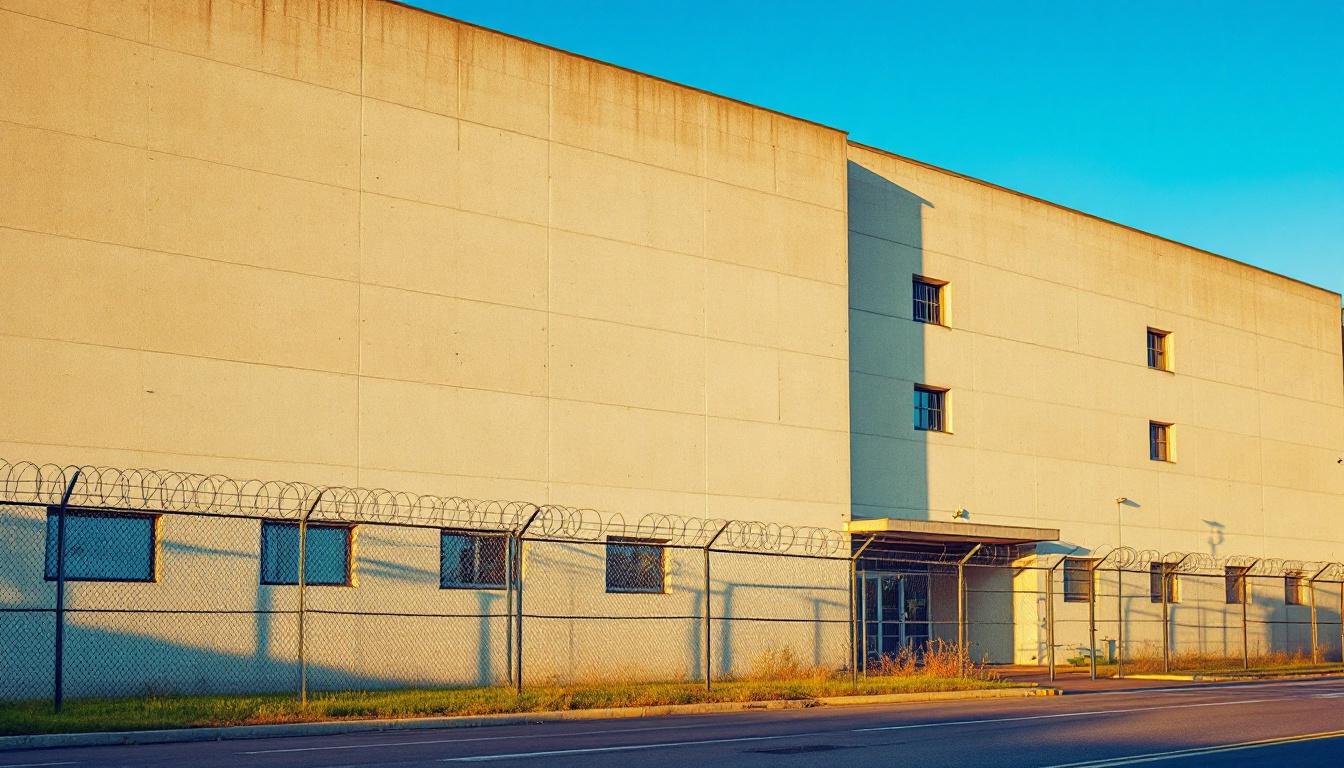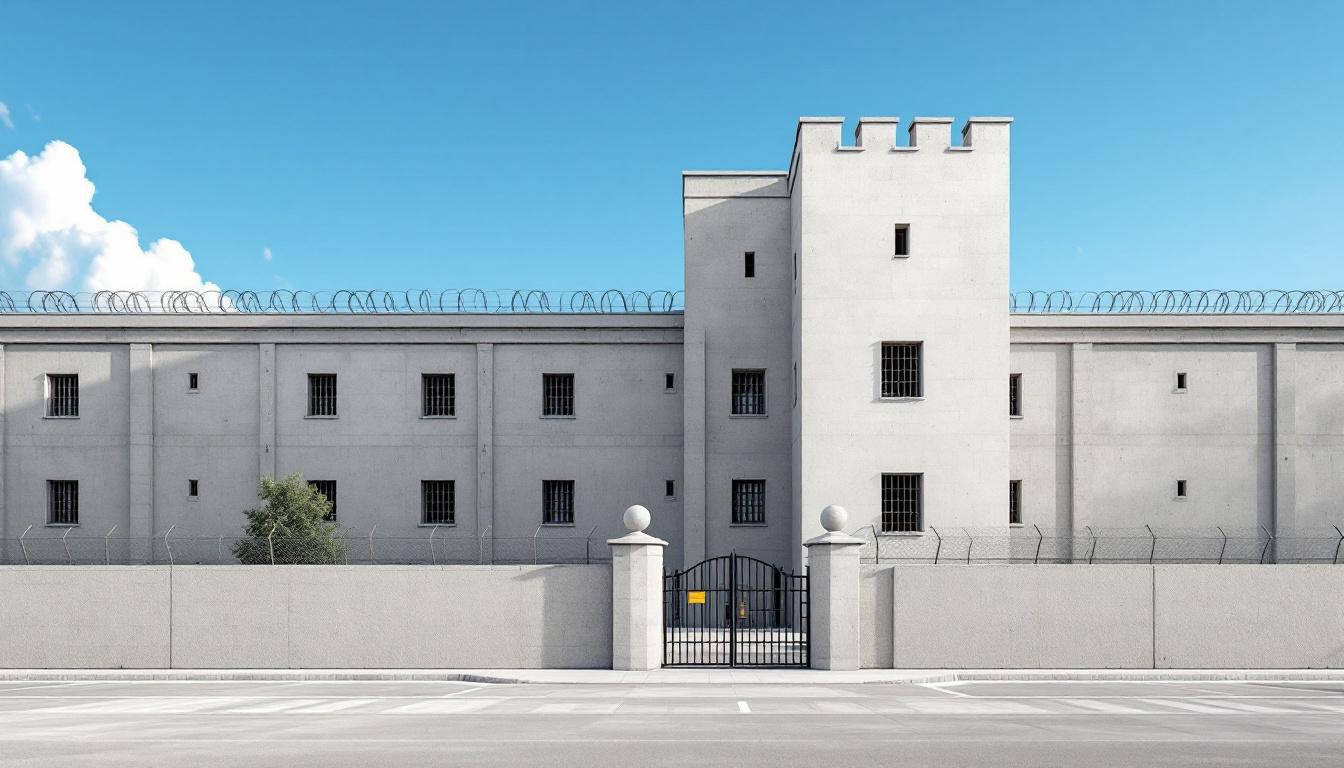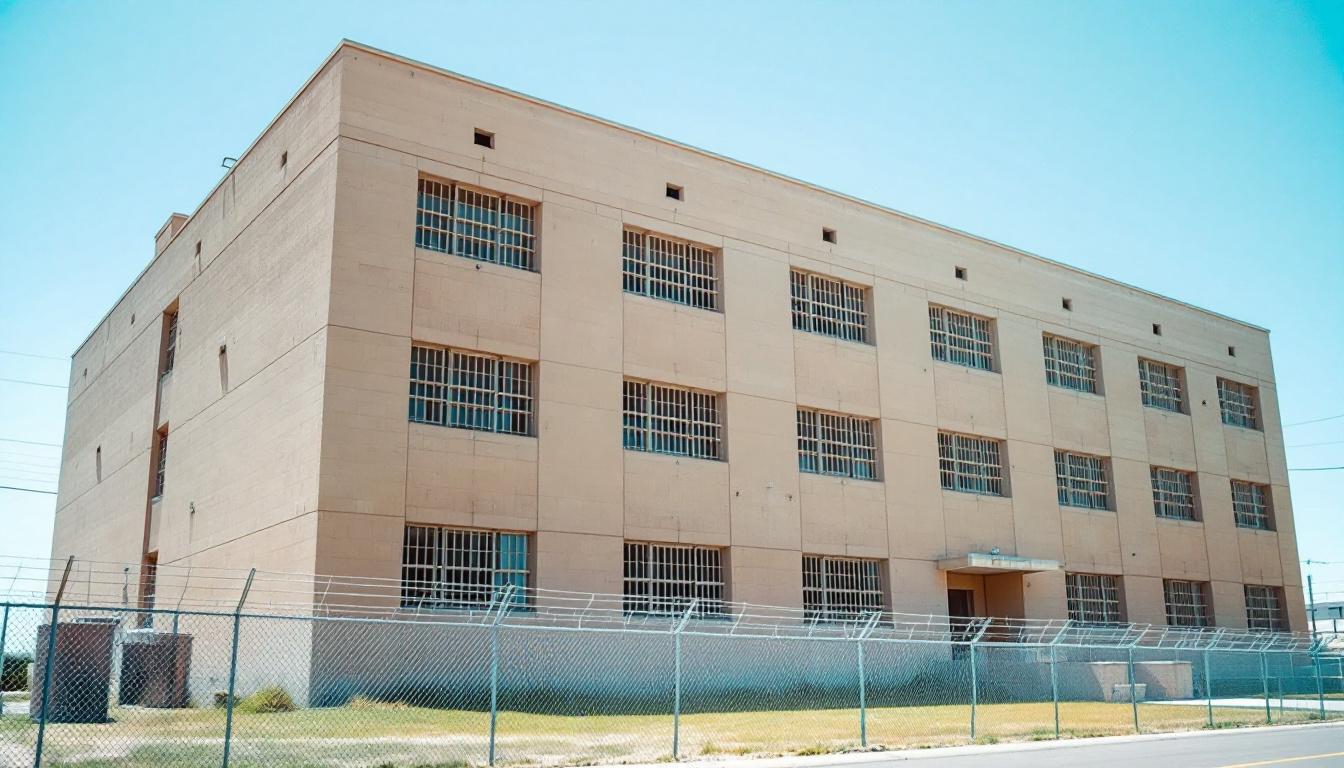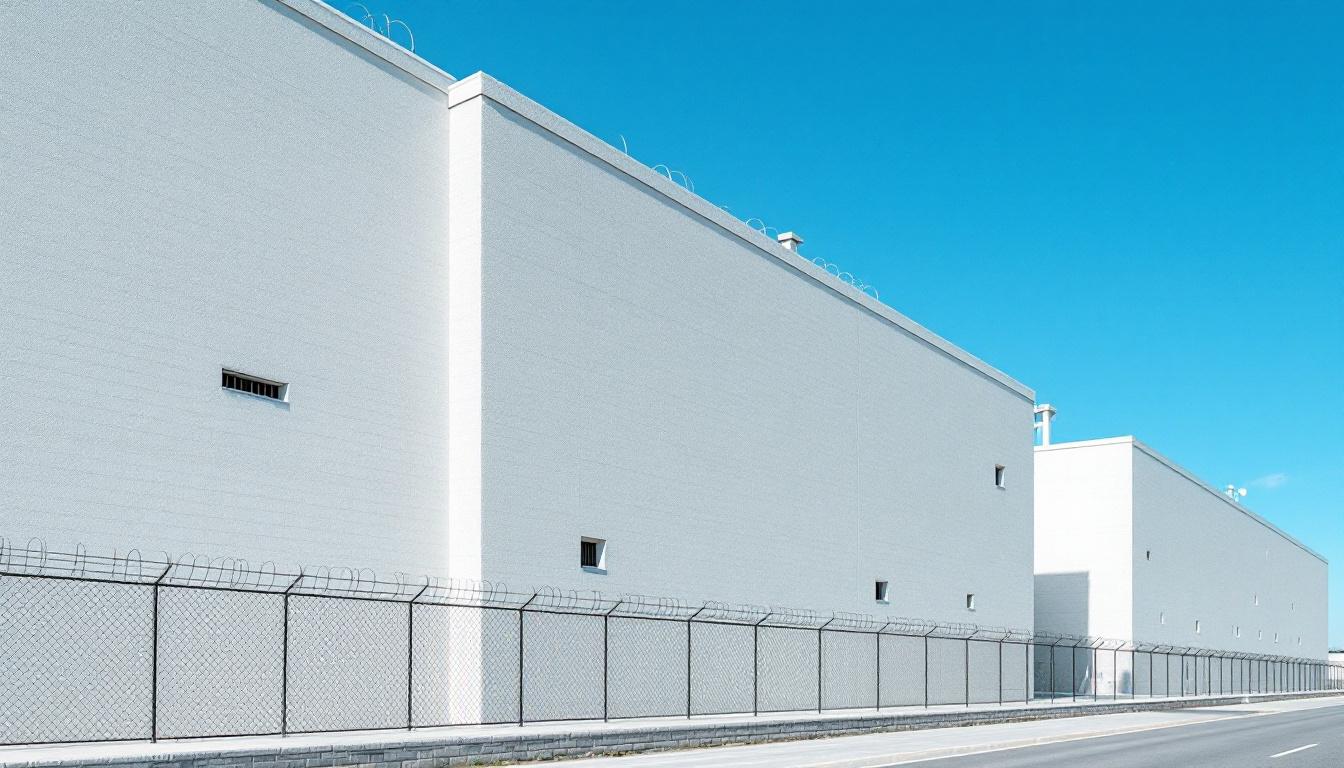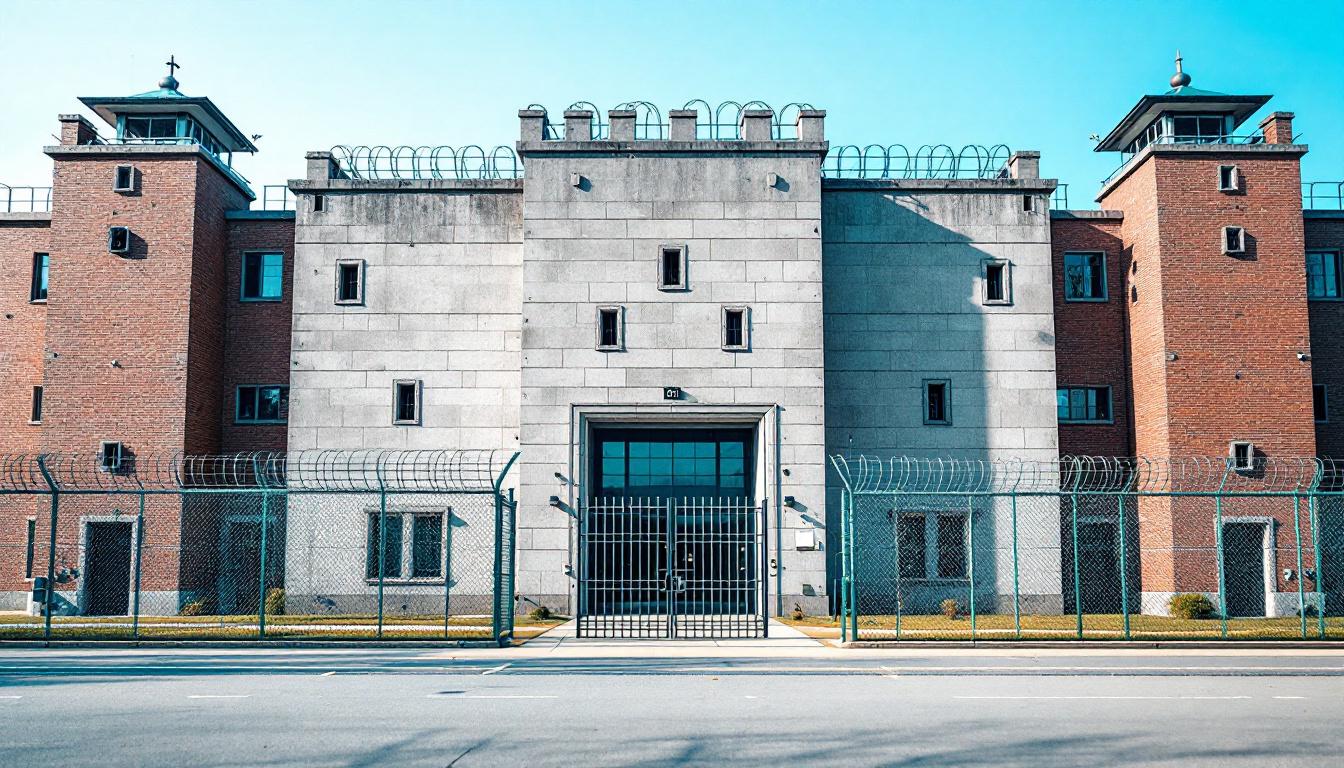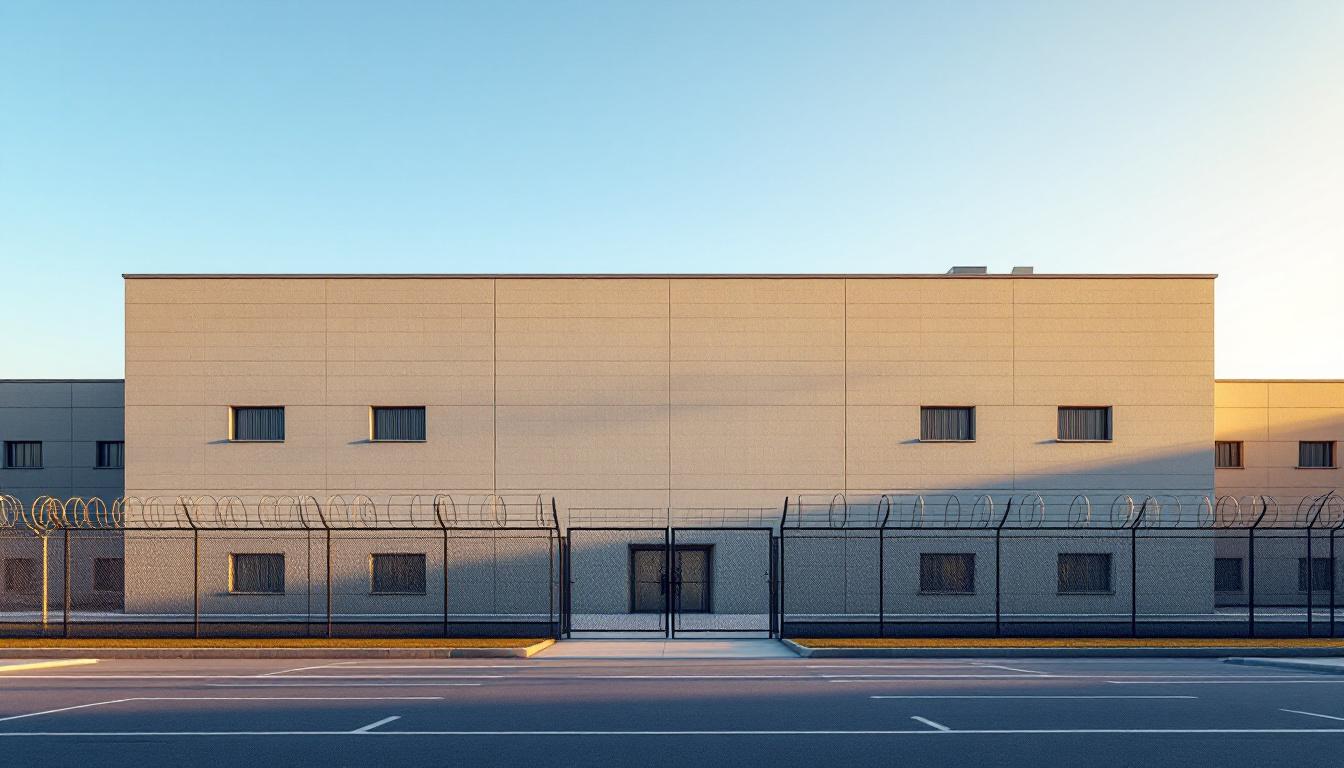
Quick Navigation
How to contact an inmate at Duplin County Detention Center
This comprehensive guide will walk you through how to connect with an inmate at Duplin County Detention Center. Follow the steps below to find an inmate and send letters and photos:
- Search for the inmate using our search tool below
- Create your account or log in to Penmate
- Write your message (up to 6,000 characters)
- Send instantly - inmates receive printed copies daily
Find an Inmate
Search for an inmate to start communicating today
Tip: You can search by first name, last name, or inmate ID number
To contact a person at Duplin County Detention Center start by searching for the person on the official facility website. Perform a search by following these steps:
- Step 1: Enter their first name and last name into the search form and click "Search"
- Step 2: Locate their inmate record
- Step 3: Write down their Inmate ID and any housing information provided
Important! Be sure to enter the person's full name. Nicknames should not be used.
How to Send Messages to Inmates

You can use your phone or computer to send emails, letters, and photos to an inmate. Messages are sent electronically to inmate tablets or kiosks at the facility. If you would like to send a message, start by searching for an inmate at Duplin County Detention Center.
Sending Photos and Postcards

A great way to send love and support to a loved one at Duplin County Detention Center is to send photos and postcards. It only takes a few minutes to send photos from your phone and it makes a huge difference. You can also mail postcards with words of support and inspiration, or design your own postcard for special moments like birthdays and holidays.
Important! Be sure not to send any explicit photos or they may not be approved by the facility. You can also use a photo printing app like Penmate to make sure your photos are printed at the correct size (4x6 or 3x5) and are mailed according to the rules and regulations of Duplin County Detention Center.
Frequently asked questions about Duplin County Detention Center
-
How long does it take to deliver a message?
If you're sending an email message your letter is usually delivered within 24-48 hours. For messages sent via mail you should expect delivery within 3-7 days. All messages will need be approved by Duplin County Detention Center.
-
How much does it cost to send a message to Duplin County Detention Center?
You can send a message free using your phone or mail a message via USPS for the price of a $0.60 stamp and envelope. You can also purchase credits or e-stamps from services starting at $1.99.
-
What services can I use to contact an inmate at Duplin County Detention Center?
Penmate
You can use Penmate to send letters and photos to an inmate from your phone. It's an easy way to stay in touch during your loved one's incarceration. Use the inmate locator to find an inmate's location and contact information, then you can send messages within a few minutes.
Securus messaging
Securus may be another option for communicating with an inmate at Duplin County Detention Center. You can create a friends and family account and purchase credits to send messages. All messages will be reviewed and must be approved by the facility.
JPay
Some county jails and state prisons may support sending messages with JPay. You must register an account with the system, find your loved one, and purchase stamps to send messages. For some locations you can also attach photos.
Smart Jail Mail
You may also check if Smart Jail Mail is available at Duplin County Detention Center. Smart Jail Mail is operated by Smart Communications and has contracted with some state and county jails. After purchasing credits, your messages and photos are sent to the facility, printed out, and then handed out to your loved one.
-
What is the mailing address of Duplin County Detention Center?
Mailing address:
Duplin County Detention Center
208 Duplin St
Kenansville, NC 28349
Phone: (910) 296-2324 -
What are the visiting hours at Duplin County Detention Center?
Visiting hours at Duplin County Detention Center vary by housing unit and security level. Generally, visits are scheduled on weekends and holidays, with some facilities offering weekday visits. Contact the facility directly at (910) 296-2324 or check their website for the current visiting schedule. Visits typically last 30-60 minutes and must be scheduled in advance.
-
What items are prohibited when sending mail to Duplin County Detention Center?
Prohibited items typically include: cash, personal checks, stamps, stickers, glitter, glue, tape, staples, paperclips, polaroid photos, musical or blank greeting cards, hardcover books, magazines with staples, and any items containing metal or electronics. Only send letters on plain white paper with blue or black ink. Photos must be printed on regular photo paper (no Polaroids). Always check with Duplin County Detention Center for their specific mail policies.
-
How do I send money to an inmate at Duplin County Detention Center?
You can send money to an inmate at Duplin County Detention Center through several methods: 1) Online using JPay, Access Corrections, or the facility's approved vendor, 2) Money orders mailed directly to the facility with the inmate's name and ID number, 3) Kiosks located in the facility lobby, or 4) Over the phone using a credit or debit card. Fees vary by method, typically ranging from $2.95 to $11.95 per transaction.
-
Can I schedule a video visit with an inmate at Duplin County Detention Center?
Many facilities now offer video visitation as an alternative to in-person visits. At Duplin County Detention Center, video visits may be available through services like Penmate, Securus Video Connect, GTL, or ICSolutions. Video visits typically cost $10-20 for 20-30 minutes and must be scheduled in advance. You'll need a computer or smartphone with a camera and reliable internet connection. Contact the facility for their specific video visitation policies and approved vendors.
-
What identification do I need to visit an inmate at Duplin County Detention Center?
All visitors must present valid government-issued photo identification such as a driver's license, state ID, passport, or military ID. Minors must be accompanied by a parent or legal guardian who can provide the minor's birth certificate. Some facilities require visitors to be on the inmate's approved visitation list, which may require a background check. Contact Duplin County Detention Center for specific ID requirements and visitor approval procedures.
-
How can I find out an inmate's release date?
To find an inmate's release date at Duplin County Detention Center, you can: 1) Use the online inmate search tool if available, 2) Call the facility's records department, 3) Contact the inmate's case manager or counselor, or 4) Have the inmate provide this information during a call or visit. For privacy reasons, some facilities only release this information to immediate family members.
Facility Overview
Contact Information
Duplin County Detention Center208 Duplin St
Kenansville, NC 28349
Phone: (910) 296-2324
Official Website
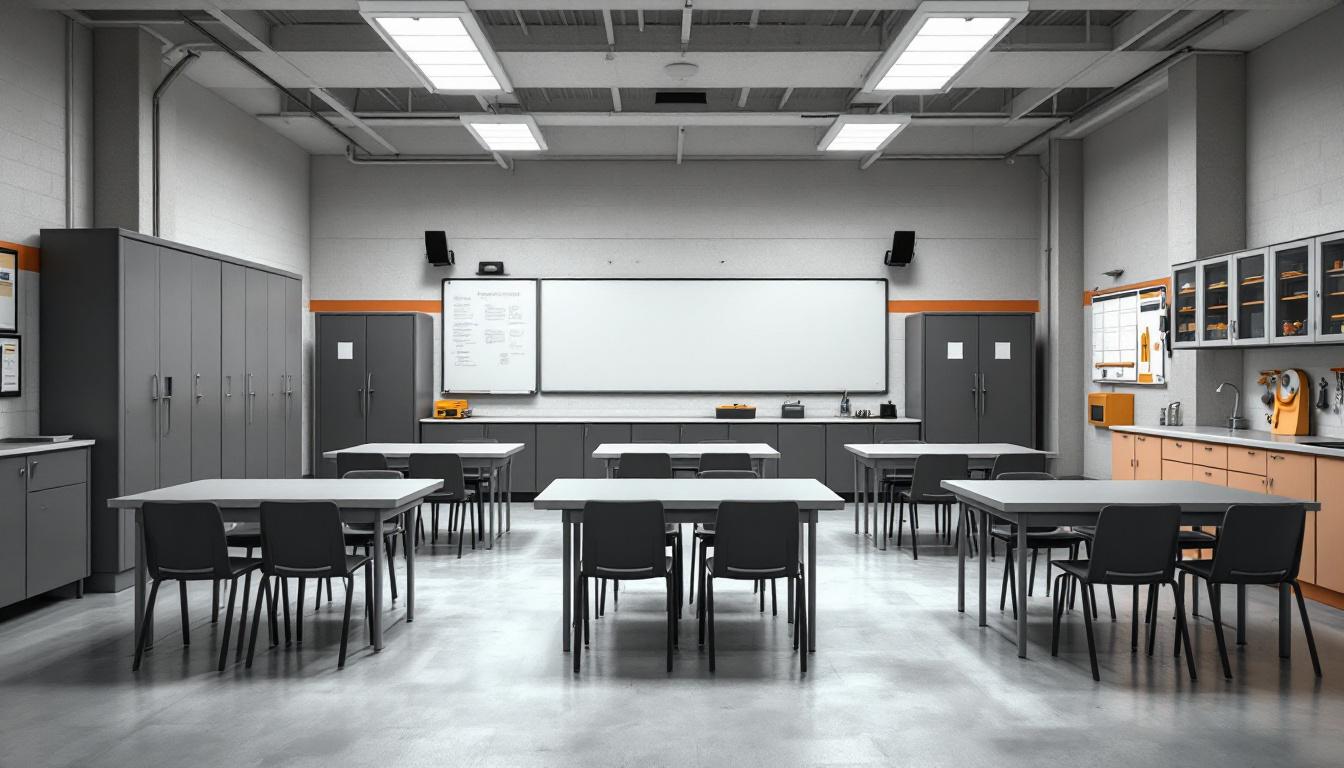
About Duplin County Detention Center
Serving the correctional needs of Duplin County’s residents requires a dedicated facility that balances public safety with rehabilitation opportunities, and this mission forms the cornerstone of operations at Duplin County Jail, NC, located in Kenansville, PA. Within the broader context of Pennsylvania’s correctional infrastructure, this county-level facility typically emerged from the historical necessity to provide local detention services while supporting the state’s overall approach to criminal justice. The facility’s positioning in Kenansville reflects the community-centered philosophy that has long characterized Pennsylvania’s approach to county-based corrections, where local oversight and regional accountability often guide operational decisions.
Throughout its operational history, the facility has generally adapted to evolving correctional standards while maintaining its primary focus on secure detention and preparation for reintegration. Those incarcerated services may include educational programming, substance abuse counseling, and work opportunities that reflect both historical correctional practices and contemporary rehabilitation approaches. As a PA correctional facility operating within the county jail framework, it typically coordinates with local courts, law enforcement agencies, and community organizations to support both immediate detention needs and longer-term public safety goals. The facility’s role in serving the Kenansville area encompasses not dedicated housing individuals awaiting trial or serving shorter sentences, but also providing a structured environment where rehabilitation programming can often complement the security mission that defines modern county corrections.
Programs & Services
Therapeutic communities within Duplin County Jail in Pennsylvania create structured environments where those incarcerated can address underlying issues while building essential life skills. These offerings emphasize personal accountability and positive behavioral change through peer support and guided reflection. The facility’s approach centers on providing meaningful opportunities that prepare individuals for successful community reintegration while maintaining the security and safety standards essential to correctional operations.
Educational advancement forms a cornerstone of the facility’s development-focused offerings. Vocational education programs may furnish hands-on training in trades that align with local employment opportunities, helping participants develop marketable skills during their incarceration. Also, comprehensive education programs typically include basic literacy instruction and high school equivalency preparation. Financial literacy courses often complement these academic offerings, teaching budgeting, banking, and money management skills that prove invaluable upon release.
Support services extend beyond traditional educational programming to address the complex needs of those incarcerated. The therapeutic community model creates a structured environment where participants engage in group counseling and peer mentorship activities designed to promote personal growth. Also, healthy relationships programming may offer guidance on communication skills, conflict resolution, and building positive connections with family members and community support networks. These offerings work together to create a comprehensive framework that addresses both immediate needs and long-term success factors.
Daily Life & Visitation
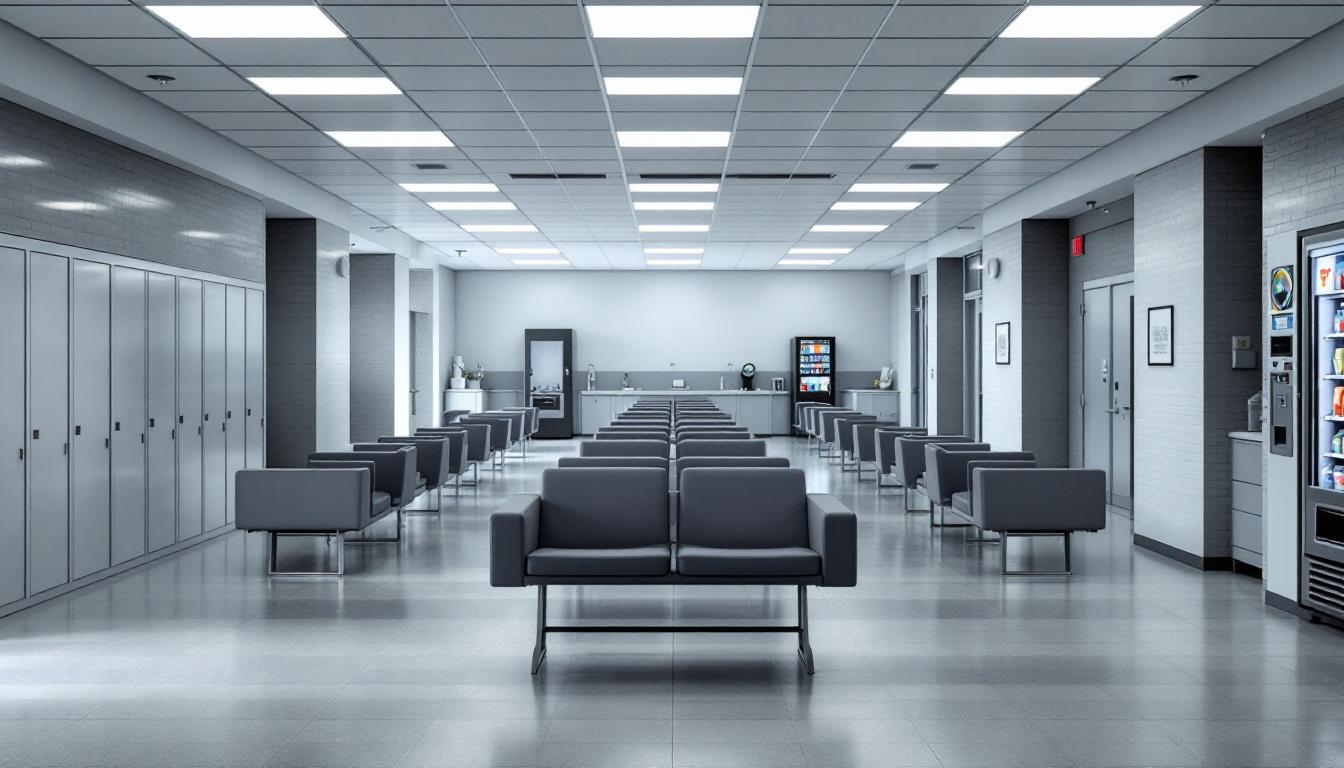
Family connections and social interactions form the backbone of daily experiences for those incarcerated at this North Carolina facility. At present, residents actively participate in structured routines that furnish opportunities for meaningful engagement with both fellow inmates and the outside community. The facility typically operates on a schedule that balances security requirements with programming needs, generally beginning with early morning counts and meal service.
Housing arrangements usually consist of dormitory-style units or smaller cells, depending on classification levels and available space. Those incarcerated often share living areas, which can foster both positive relationships and occasional tensions. Meals are typically served in common dining areas at designated times, providing natural opportunities for social interaction and community building. Also, recreational periods may include access to outdoor areas, television viewing, and various indoor activities that help residents maintain physical and mental well-being.
However, maintaining connections with family and friends remains a central focus for most residents. Visitation policies generally allow for regular contact with approved visitors, while telephone access and correspondence help bridge the gap between incarceration and community ties. Work assignments within the facility often include kitchen duties, maintenance tasks, and cleaning responsibilities that provide structure and skill development. Structured programming schedules may furnish educational opportunities, religious services, and counseling sessions designed to support rehabilitation goals and prepare individuals for eventual reintegration into their communities.
Ready to Connect?
Start communicating with your loved one today
Search for an Inmate
